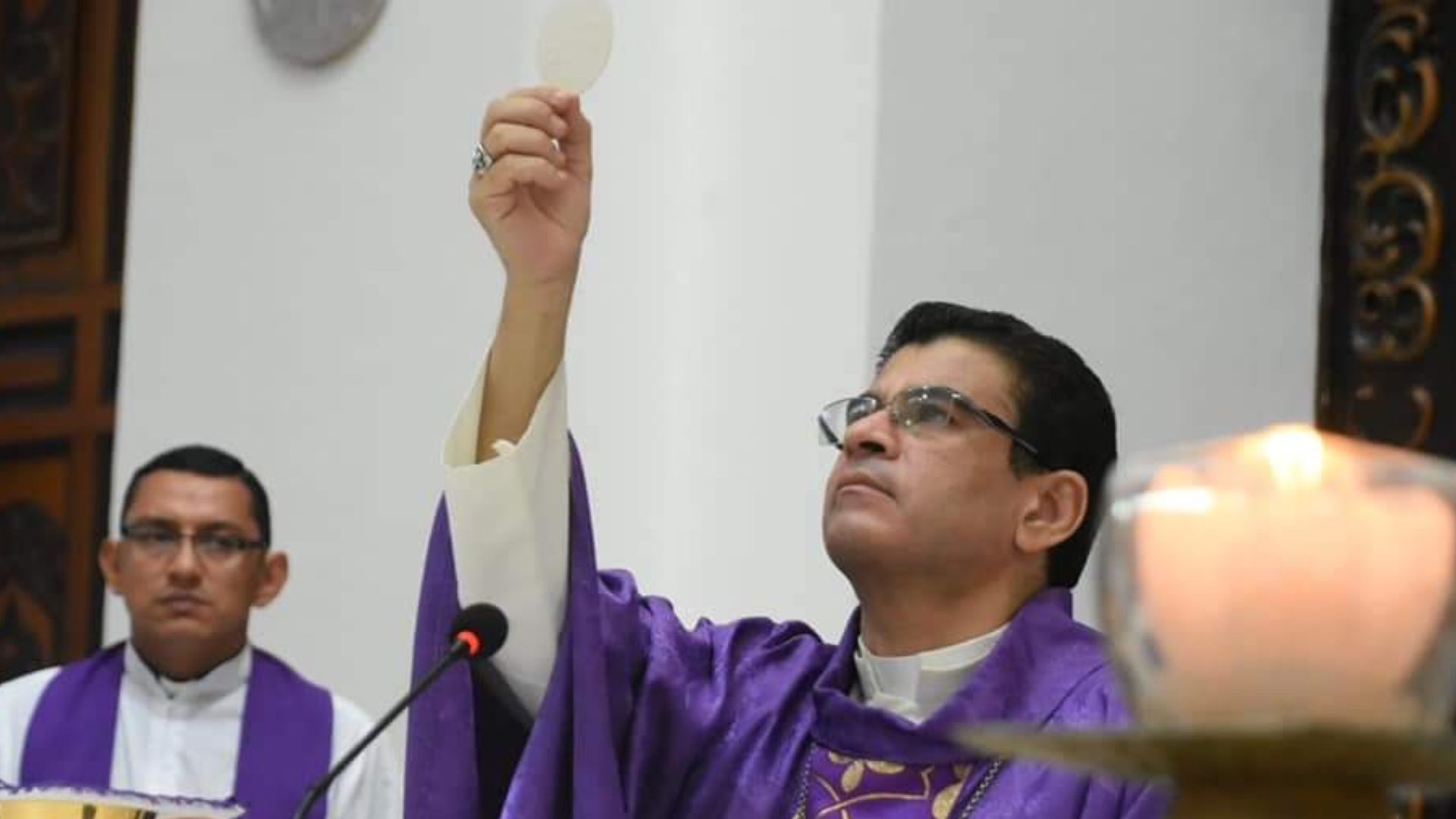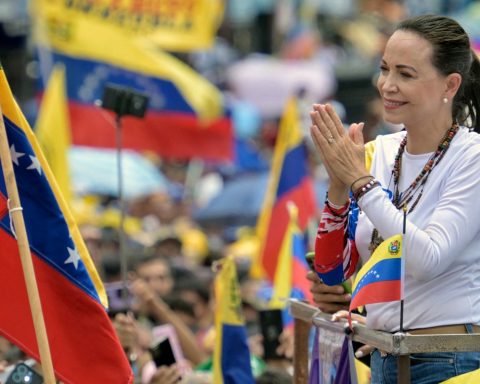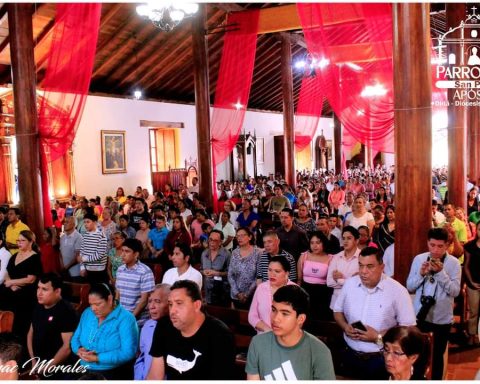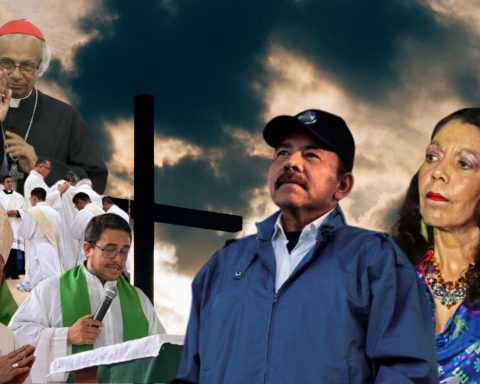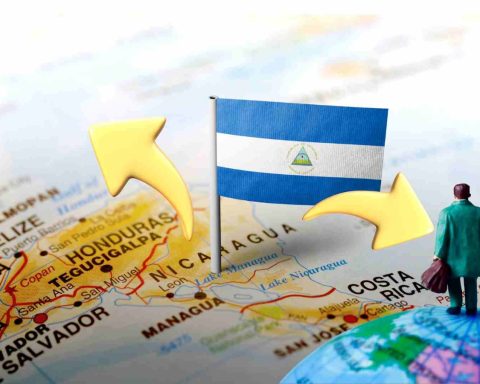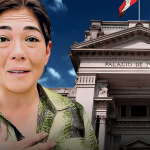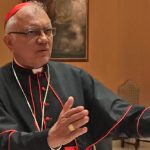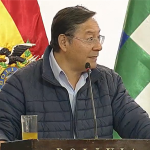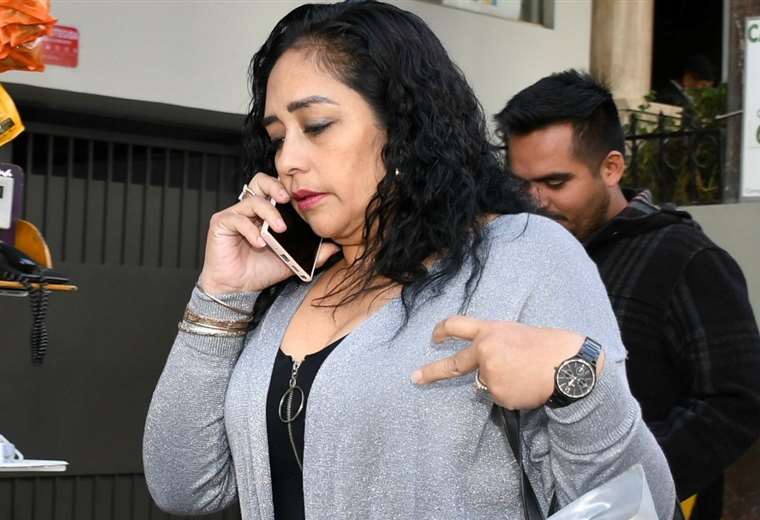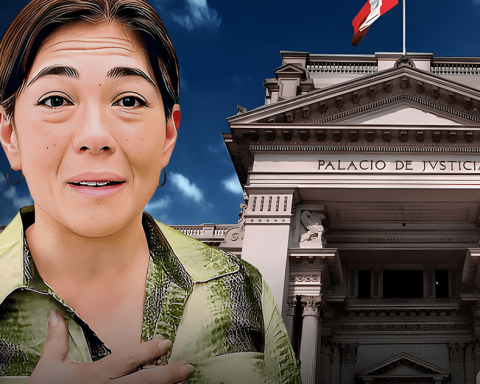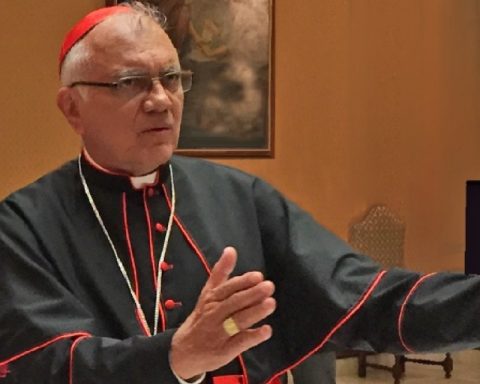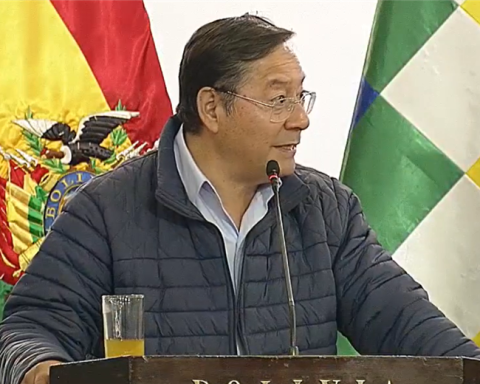The former secretary of the Inter-American Commission on Human Rights (IACHR) Paulo Abrao stated, in an interview with Article 66what a monsignor Rolando Alvarez it “is becoming a central symbol of the democratic resistance in Nicaragua.”
The lawyer’s statements came after the media reported, through religious sources, that the bishop of the Diocese of Matagalpa would leave Nicaragua for Rome, as part of the condition that the Sandinista dictatorship would be placing to release the priest, a version that was denied by Cardinal Leopoldo Brenes, Archbishop of Managua.
Related news: “It seems that the cardinal does not care about the situation of Monsignor Álvarez,” says the priest
After learning that once again the priest refused to be banished from the country, the human rights defender said that “by not submitting to the impositions of the authoritarian regime,” Álvarez is sending “a strong message that he does not recognize them – to Daniel Ortega and Rosario Murillo—as legitimate.”
“The decision to release the monsignor is in the hands of Ortega”
He also stressed that if the dictator Daniel Ortega wanted to resolve the prelate’s situation, “he would take the initiative to open direct dialogue with the Vatican.”
«Monsignor remains consistent in his position that he hardly accepts orders and decisions from the Vatican. Ortega and Murillo should step aside from their pride and understand the humanitarian dimension of the case; so from all perspectives, the decision to release him is in the hands of the Nicaraguan government,” added Abrão.
He also stated that it was the same Ortega regime that “caused this political persecution and they are responsible for this unacceptable situation.”
Regarding the question of whether Ortega wins or loses by imprisoning the apostolic administrator of the Diocese of Estelí, the human rights expert indicated that the Nicaraguan dictatorship “has been losing since the day it imprisoned the monsignor, because his moral strength prevails over will.”
Economic suffocation of the Church “is retaliation”
Referring to the economic suffocation suffered by the Church in Nicaragua, Paulo Abrão considered that this action is “a clear measure of retaliation —or reprisal of the Ortega dictatorship— due to the role that the Church played in welcoming the persecuted and the protesters.”
«Churches are places of protection in all places. They do not support a Church that is not protected politically and perhaps they are underestimating the intelligence of the people », he said.
Related news: Prison of Monsignor Álvarez and attack on the Church are “crimes against humanity”, say opponents
He also considered that citizens “know that their beliefs are being affected and vilified by the authorities in these arbitrary actions, which is why they are limiting the religious freedom of the Nicaraguan people.”
Abrão’s statements add to the national and international repudiation of the repression of the Daniel Ortega regime against the Catholic Church and the religious, whom it refuses to release.
